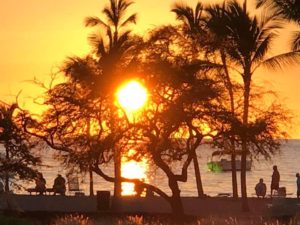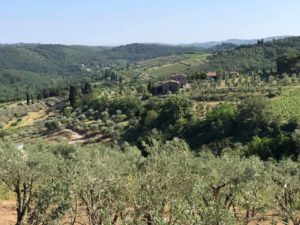Solar Rural Schools Project: South Africa


Building on their earlier success in South Africa, in 2008 the Solar Electric Light Fund (SELF) solar-electrified three schools in the Eastern Cape Province, the birthplace of Nelson Mandela. Funded through the generosity of the Kellogg Foundation and JP Morgan Chase, with laptops provided by Dell Computers, two thousand students and their families now have access to reliable lighting, new computer labs and the Internet.
Background
Marginalized Rural Areas (MRAs) of Southern Africa and Africa as a whole refer to rural areas with a fairly high population density and where poverty is endemic (i.e., inhabitants lack three basic human requirements: food/water, medical care and education). Such areas are characterized by a lack of infrastructure and services.
Objectives
The aim of this project is multi-faceted: by installing an Internet-enabled computer lab at a school in a marginalized and impoverished rural area, SELF will bring the community into contact with the rest of the world and surrounding communities, ultimately improving educational quality at the school, broadening perspectives of the students and community, and providing impetus for revenue generation and improved access to knowledge services for the community.
The basic goal of the project is to provide sustainable energy to a cluster of schools in a MRA in the poorest part of the Eastern Cape Province, near Mthatha (Elliotdale). The special focus of this project is to establish a substantial computer lab that is connected to the Internet.
Additional schools were provided with mobile computing facilities that can easily be integrated into regular classes and can also be used to communicate through the Internet.
Achievement
The project achieved all of its aims. The computers and the power generated by the solar installations are being used on a daily basis to improve the lives of 2000 students and their families. The project has begun to catalyze community involvement, and community training in Information and Communications Technology (ICT) by and for the community began in November 2008.
In addition to the direct benefits to the community, this project will form a replicable model that can be used throughout South Africa. This endeavor may be a pilot project for a nationwide government program of rural school electrification and Internet access. A nationwide program creates a scale capable of reducing costs and increasing installation and training efficiencies.
In South Africa, SELF’s partner eKhaya ICT is conducting the ongoing implementation and assessment of an intervention in the Eastern Cape Province.
To support this project or for more detailed information, please visit: http://www.self.org/southafrica2.shtml









